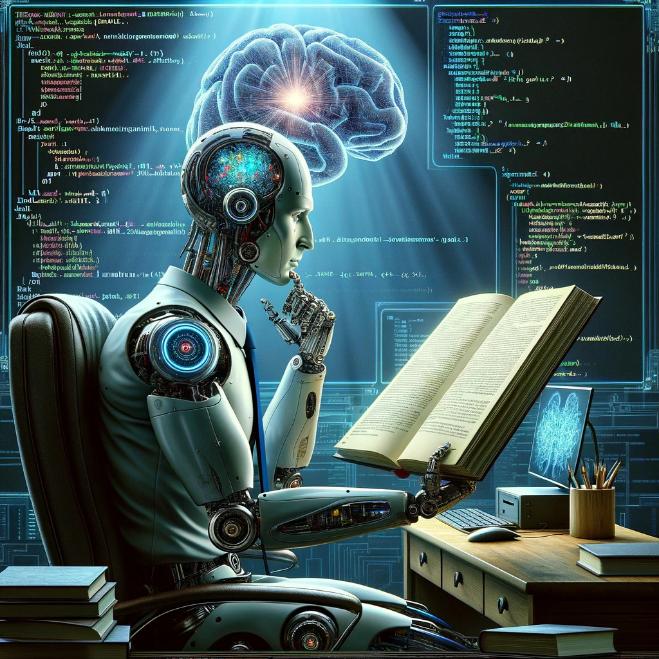Introduction
Blockchain technology has been gaining immense popularity in recent years due to its decentralized and secure nature. It has diverse applications in various industries such as finance, supply chain management, and even healthcare. However, as the use of blockchain expands, one of the major challenges it faces is scalability. With the increasing amount of data being stored on the blockchain, the need for a more scalable solution has become crucial. This is where AI comes into the picture. In this article, we will discuss the impact of AI on blockchain scalability and how it helps in overcoming the limitations of traditional blockchain technology.
Understanding Blockchain Scalability
Blockchain scalability refers to the ability of a blockchain network to handle a large number of transactions without compromising its performance. The current consensus algorithm used in blockchain technology, Proof of Work (PoW), limits the scalability of the network. It requires every node in the network to verify each transaction, which results in slower processing speeds. Additionally, as more data is added to the blockchain, the size of the network increases, leading to longer transaction times and higher transaction fees.
The Role of AI in Blockchain Scalability
AI is a technology that allows machines to learn and adapt without being explicitly programmed. It has the potential to revolutionize blockchain scalability by addressing the limitations of the current consensus algorithms. With AI, the consensus algorithm can be made more efficient, leading to increased scalability and improved overall performance.
Improving Consensus Algorithms
One of the key ways AI can impact blockchain scalability is by improving the consensus algorithms used in blockchain technology. With AI algorithms, consensus can be reached in a more efficient and faster manner. AI algorithms can learn from previous transactions and use that knowledge to predict the validity of future transactions. This reduces the number of nodes that need to verify each transaction, leading to faster transaction times and improved scalability.
Predictive Analysis for Optimal Network Growth
Using predictive analysis, AI can also help in optimizing the growth of the blockchain network. AI algorithms can analyze network data and predict the future growth of the network. This can help in identifying potential scalability issues beforehand and take proactive measures to address them. It can also help in determining the optimal block size and adjusting it according to the network´s needs, leading to improved scalability.
Improving Data Management
As more data is added to the blockchain, managing and storing this data becomes a major scalability issue. AI can help in improving data management by identifying redundant data and removing it, leading to a more streamlined and efficient blockchain network. By removing redundant data, the size of the network is reduced, resulting in faster transaction times and improved scalability.
Smart Contracts and Autonomous Agents
Smart contracts and autonomous agents are self-executing contracts that can automate complex processes on the blockchain. With the help of AI, these contracts can be made more intelligent by incorporating machine learning algorithms. This enables them to analyze data in real-time and make decisions based on that data. As a result, transactions can be processed more efficiently, leading to improved scalability.
Conclusion
In conclusion, AI has the potential to significantly impact the scalability of blockchain technology. By improving consensus algorithms, optimizing network growth, and improving data management, AI can help in overcoming the current scalability limitations of blockchain. With the development of more advanced AI-based solutions, we can expect to see a more scalable and efficient blockchain network in the future. As the world continues to embrace the potential of both AI and blockchain, their combination is set to revolutionize numerous industries and pave the way for a more connected and secure future.

